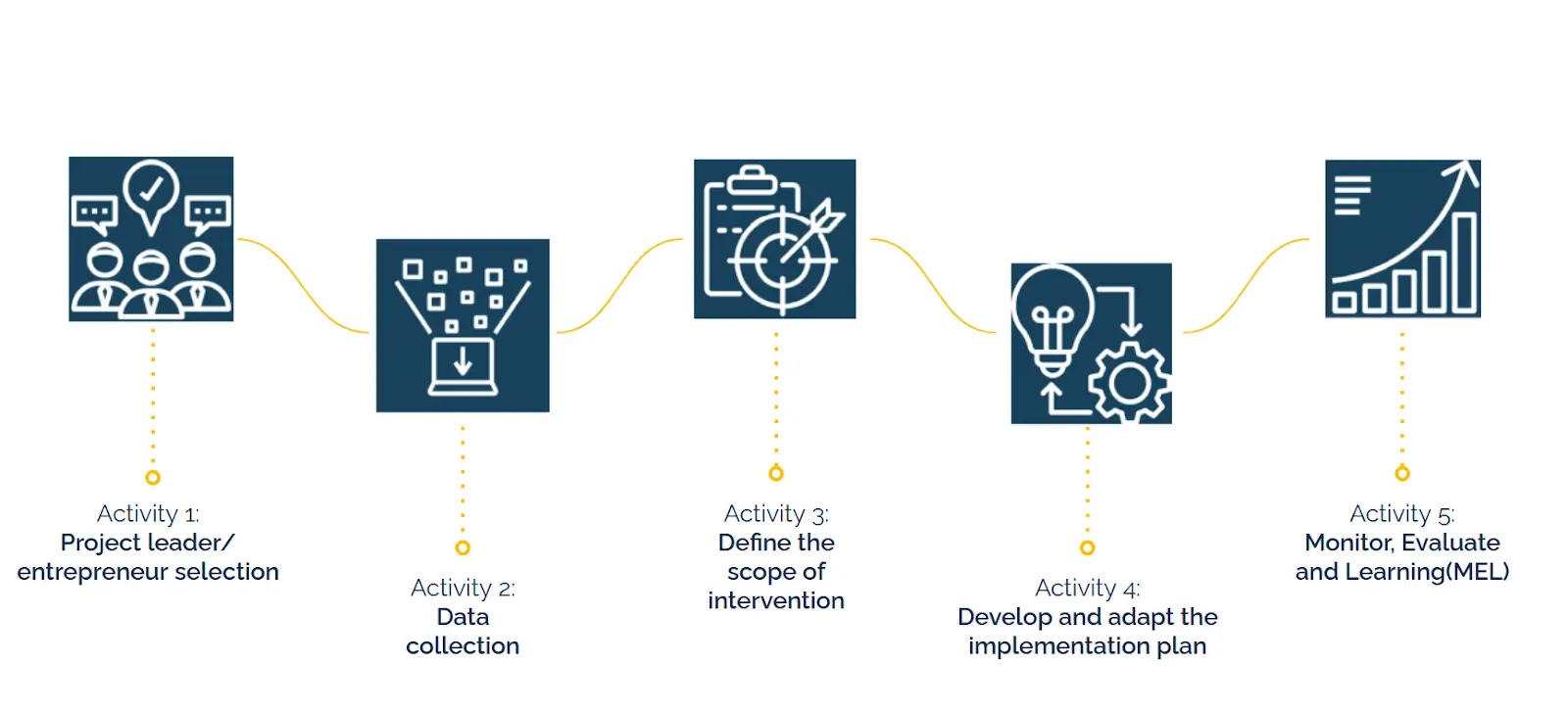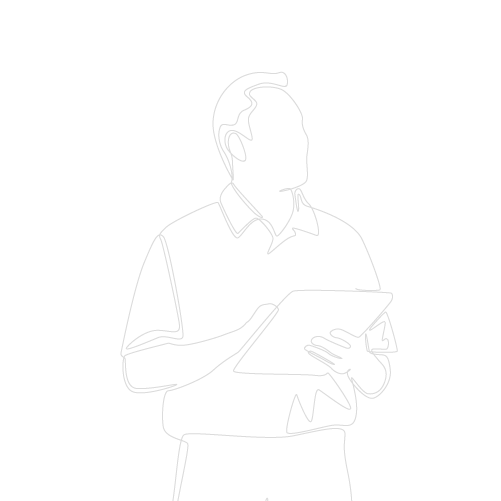Despite India's waste management system being governed by formal laws and policies, such as the Solid Waste Management Rules 2016—which mandate proper waste segregation, collection, processing, and disposal—a significant portion of waste management operates within the informal sector. Waste collection, processing, and material recycling are predominantly carried out in the informal sector, including individuals and small private enterprises. The 'informal sector in solid waste management' refers to those engaged in waste-related activities whose operations remain outside formal systems—they are neither organized, financed, recognized, nor regulated by formal solid waste authorities. Due to its unregulated nature, workers in the informal sector often face exploitation, earning far below a standard living wage, and lacking access to safe working conditions, job security, and social protection. This systemic exclusion leaves them vulnerable, despite their critical contributions to material recovery and recycling.
Saahas Zero Waste, through its ‘Let’s Transform’ program, aims to bring a systemic shift by formalizing and professionalizing the waste management sector. This social inclusion program leverages a multi-stakeholder partnership and entrepreneurship model to integrate waste workers into a formal waste management system.
The ‘Let’s Transform’ program is relevant for:

To drive systemic change, the ‘Let’s Transform’ program adopts a structured, ecosystem-based approach, conducting a comprehensive assessment to map the technical, socio-economic, and ecological systems within the waste management ecosystem of a specific geography. This groundwork ensures a targeted and impactful intervention.

Map, profile, and assess potential project leaders or entrepreneurs based on their abilities, skill and personality.
Gather evidence and identify gaps in the existing work practices, supply chain operations, and the socio-economic status of workers associated with the identified project leaders.
Based upon the gaps identified, interventions are focused around infrastructure development, capacity building, automation and technology, networking and partnership building, and business modeling.
An action plan with clear deliverables is laid and a dedicated support team is deployed to assist project leaders and meet project goals effectively.
We use an impact measurement framework to monitor program progress. We identify qualitative and quantitative indicators for in-depth analysis of activities and their outcomes. Learnings will be used to refine and scale the programme further.


of plastic collected and delivered
of plastic recycled
entreprenuers enrolled
formal workers engaged in the project activities
of plastic collected and delivered
of plastic diverted for recycling
entreprenuers engaged
formal workers supported with salary gap fund
of milk pouches collected and recovered
upstream suppliers engaged in project
workers impacted through Social Inclusion program
Success stories from businesses like yours

The Social Inclusion Program by Saahas Zero Waste is an initiative aimed at formalizing the Indian waste management ecosystem. It focuses on empowering informal waste workers, including waste aggregators and itinerant waste pickers, by improving their access to basic social security measures, recognition, and safer working conditions.
The formalization process includes:
● Dignity: Ensuring fair wages, discrimination-free workplaces, and no child labor.
● Health: Access to primary healthcare, protective equipment, health insurance, and nutrition.
● Safety: Risk management, incident control, and compliant work environments.
● Financial Literacy: Training on savings, budgeting, and access to bank accounts.
● Business Development: Capacity building, process improvement, and compliance with regulations.
● Transparency: Standardized protocols and data transparency.
Participating businesses can enhance their ESG (Environmental, Social, and Governance) performance, build ethical supply chains, and foster brand loyalty. They also play a role in transforming the waste management crisis by ensuring traceability and compliance while meeting their EPR (Extended Producer Responsibility) obligations.
Waste workers associated with the program receive:
● Infrastructure support
● Capacity building and training
● Access to financial and partnership networks
● Opportunities to build profitable businesses
Organizations can partner with SZW to adopt ethical waste management practices, build compliance-driven supply chains, and contribute to the formalization of the waste management ecosystem. Interested parties can reach out to Saahas Zero Waste through the contact section on the website.
Got something on your mind? Let's discuss about the details.